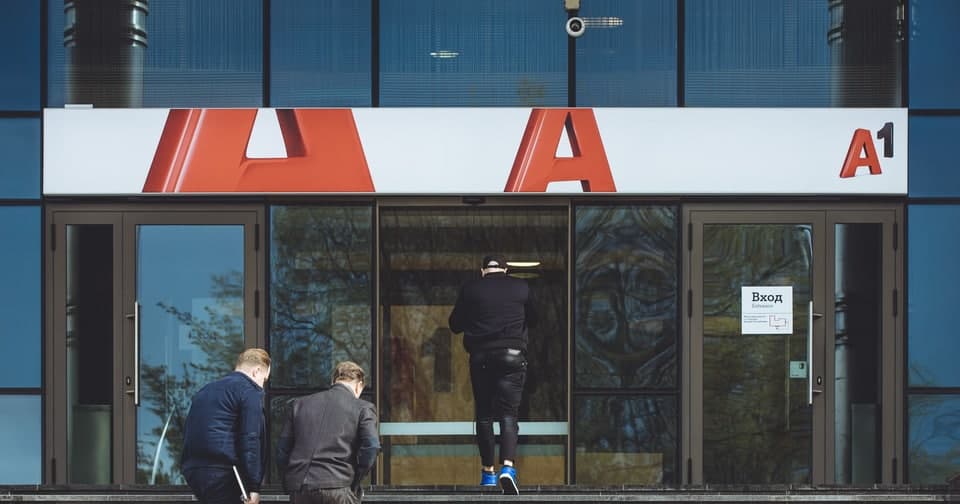As the regime represses private businesses, the security forces enforce political inertia in society
 The situation got worse
The situation got worse

The authorities are increasing expropriations and repression against private businesses to punish disloyalty to the Lukashenka regime. A disproportionately high price for political participation is maintained with long prison terms for protest leaders and popular bloggers and repression of dissidents.
The state plans to increase taxes on small businesses by 2-3 times, and owners of agricultural estates may lose benefits from next year. Lukashenka has consistently expressed a negative attitude towards small scale entrepreneurs as he doubts the loyalty of this category of citizens. An increased tax burden limits the sector’s growth and shores up budget revenue to compensate for public sector losses.
Security forces undermine the confidence of prominent private businesses with foreign capitalisation via detentions and “penitential videos” featuring representatives of large firms and IT entrepreneurs.
Lukashenka cautions the security forces to restrain excessive cruelty during the referendum campaign. There is concern about possible protest reactions in society in response to violence by officers.
The head of state criticises excessive purges in the state apparatus (contradicting himself), probably, to maintain officials’ loyalty during the referendum period. In case of a successful (for the regime) electoral campaign, dismissals are likely to resume, and coerced to ideological allegiance to the Lukashenka regime will intensify.
The regime’s confidence in its power to control the situation on the eve of the referendum has been restored, and the rotation of managers within the state apparatus has resumed.
Repressive legislation against dissidents is being tightened, as Lukashenka calls for criminal charges against supporters of sanctions.
Ahead of the referendum, the security forces intend to demotivate supporters of change with long sentences for the defendants in the “Tsikhanousky case”, as well as popular bloggers. Criminal cases continue to be initiated against dissidents, and the lists of extremist groups are expanding. The number of political prisoners is increasing weekly and is approaching 1,000 people.
Security forces continue to dismantle civil society infrastructure as the regime demonstrates its desire for a thorough purge of new leaders of change.
Ideologists begin a campaign to influence public opinion on the eve of the campaign, declaring high confidence ratings for Lukashenka of about 72%. This figure is a guideline for the electoral support anticipated for constitutional changes proposed by Lukashenka.
GDP growth is slowing, and the authorities are beginning to show concern about sanctions. The Constitutional Court has issued an opinion on the incompatibility of sanctions with the UN Charter and violation of the rights of Belarusians. Lukashenka has approved the introduction of criminal liability for calls for sanctions and is trying to consolidate public sector workers with an anti-sanctions agenda and mobilise to put pressure on Western institutions.
Tensions are rising between the government and official trade unions over the reduction of social guarantees. Trade unions have criticised the abolition of state regulation of prices.
Thus, the regime plans to keep the level of repression high but avoid excessive brutality of the security forces due to fears of renewed protests.
Subscribe to our newsletter




Situation in Belarus
Constitutional referendum: main consequences


 Video
Video
How to count the political prisoners: are the new criteria needed?


 Video
Video
Paternalism In Decline, Belarusian Euroscepticism, And The Influence Of Russia


 Video
Video











